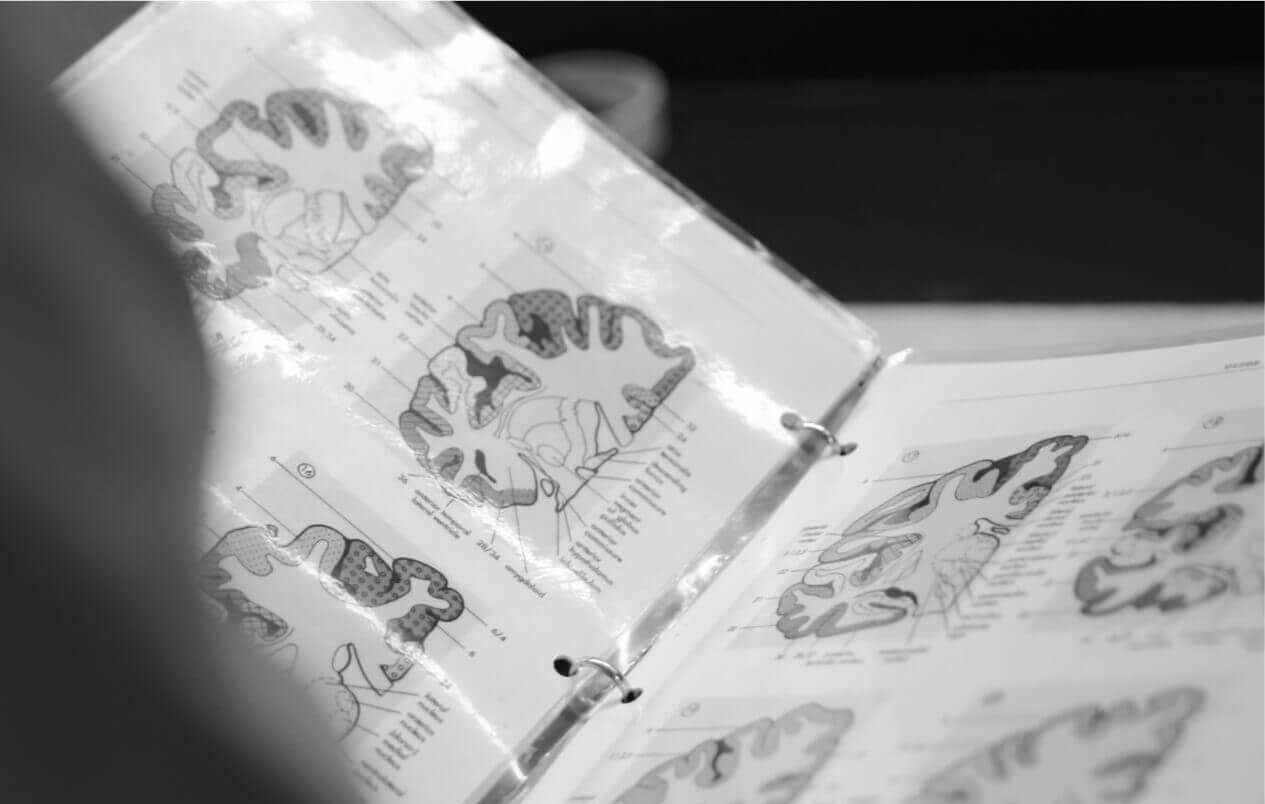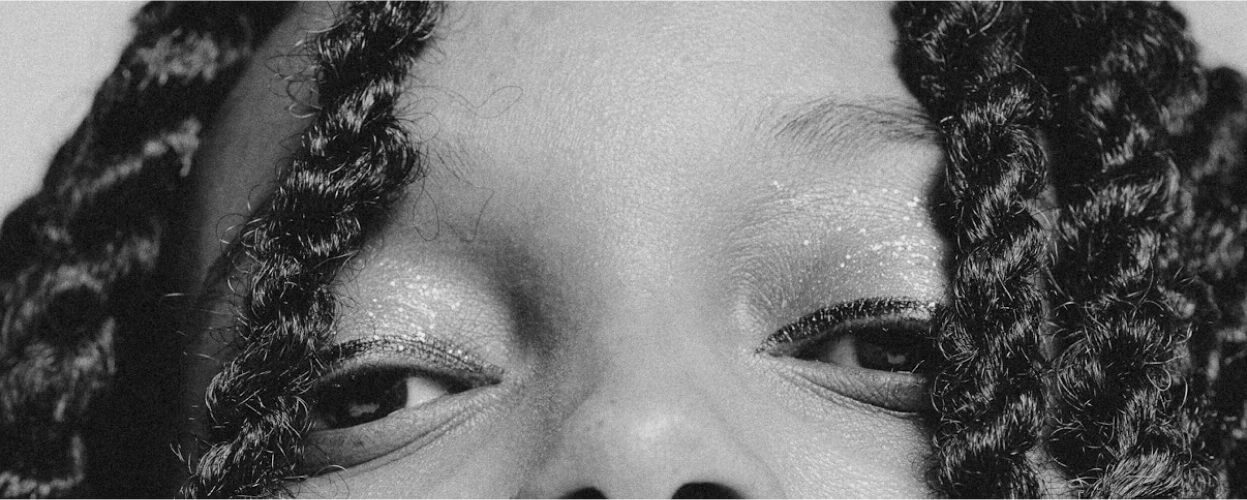What is a Medical Power of Attorney and why should I consider one?
We’ve often said that it’s not good enough to simply mention in your end-of-life documents that you’d like to be a brain donor – instead, the best way to donate your brain upon death is to register in advance and talk with your family about what they need to do.
However, there are important reasons to make sure you have a medical power of attorney in place…and one of those reasons has to do with brain donation…before death.
First, it makes sense to define what a medical power of attorney (also sometimes called a durable power of attorney for healthcare) does. It’s a legal document that allows you to appoint someone to make medical decisions on your behalf if you become unable to make those decisions yourself due to illness, injury, or incapacity while you are alive. This person, called your “agent” or “healthcare proxy,” can make decisions about your medical treatment, including choices about procedures, medications, and care settings, as well as retrieve your medical records, which may be required by some brain banks before death. Note that once a person dies, the MPOA is no longer valid. After death, the executor is typically the person who can ask for medical records, but it may vary–we suggest talking with your attorney to ensure you have proper measures in place.
There are other legal and practical reasons to have one, and they’re not difficult to set up. An attorney can help. It is important to choose someone who understands your healthcare preferences and who can handle the responsibilities involved. Think of it as a gift to your family not to have to guess your wishes, and arranging in advance to leave this valuable gift.



